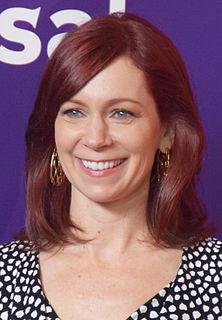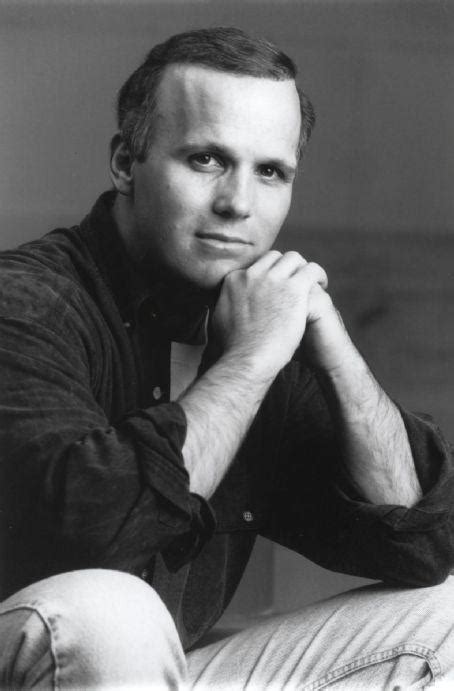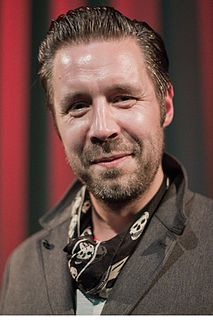A Quote by Grant Heslov
Look, a lot of directors were actors, even if they were unsuccessful actors which I think is helpful. I think it's a really helpful thing for a director to have experienced that. It helps you know how to talk to actors and how to get what you need from them.
Related Quotes
Actors, I think, are all the same. Both Korean actors and American actors are all very sensitive people, and they are all curious to know what the director thinks of them and how they are evaluated, and they try to satisfy the director. And they like it if you listen carefully to their opinions and accept them.
Your actors need to trust you as a director, but normally, I think you just need to have an open communication between the actors and the director. I think the director needs to really paint his or her vision to the cast and let them know the kind of mood that he or she is making. I think that's very important.
When I got into the movie business, working with actors was the one thing I was really weak at. I didn't know what to say to actors. They scared me and intimidated me. The actors that I've worked with who have had a lot of experience, or who I've even grown up watching as a kid, were really scary. I was like, "What am I going to say to this person?" But, I've matured. It's fun. I understand what actors do now.
What I learned about acting, from my experiences directing, is why so many producers and directors don't like actors. You go through all of this work securing a location, figuring out how to get electricity there, how to get trucks parked where they need to be, and where catering is going to come from. And if the actors don't come up with some magic, it actually didn't matter. That creates a lot of animosity towards the actors.
I think that for a lot of actors - especially American actors - to get line readings and to be told and have your director literally act out the part for you is sort of discouraging in a way. It's a very Eastern European thing to do - a lot of directors that I worked with in Russia did that as well. And, I never took that as an insult, as many actors tend to do. To me, I think it's just offering a certain energy - offering their flavor - and, instead of trying to sort of decode and communicate it to you, they just show you their flavor of what it should be.
I think that what's important as a director is to give your actors the feeling that they're protected, the feeling of confidence, the feeling that if they make mistakes, then as a director, you'll know how to help them. If you're able to convey that, then the actors will give you wonderful performances. As well as the author, you have to write scenes that give the actors the opportunity to show what they're capable of.
With directors, some have a kind of in-built ability to just know how to work with actors and get the best out of actors, and some don't have a clue about acting. I think it'd be a good idea if directors put themselves in front of the camera, or even went on a six-week drama course, just to know a little bit about what that feels like.
To go into more specifics regarding actors, whether they're from Korea or the U.S., all actors know if they are loved by the director. When they feel that love from the director, they respond by giving a great performance on camera. Also, everyone on set - the crew, the actors - they were aware of the film's message and its broad theme, so these big issues were never discussed on set.




































